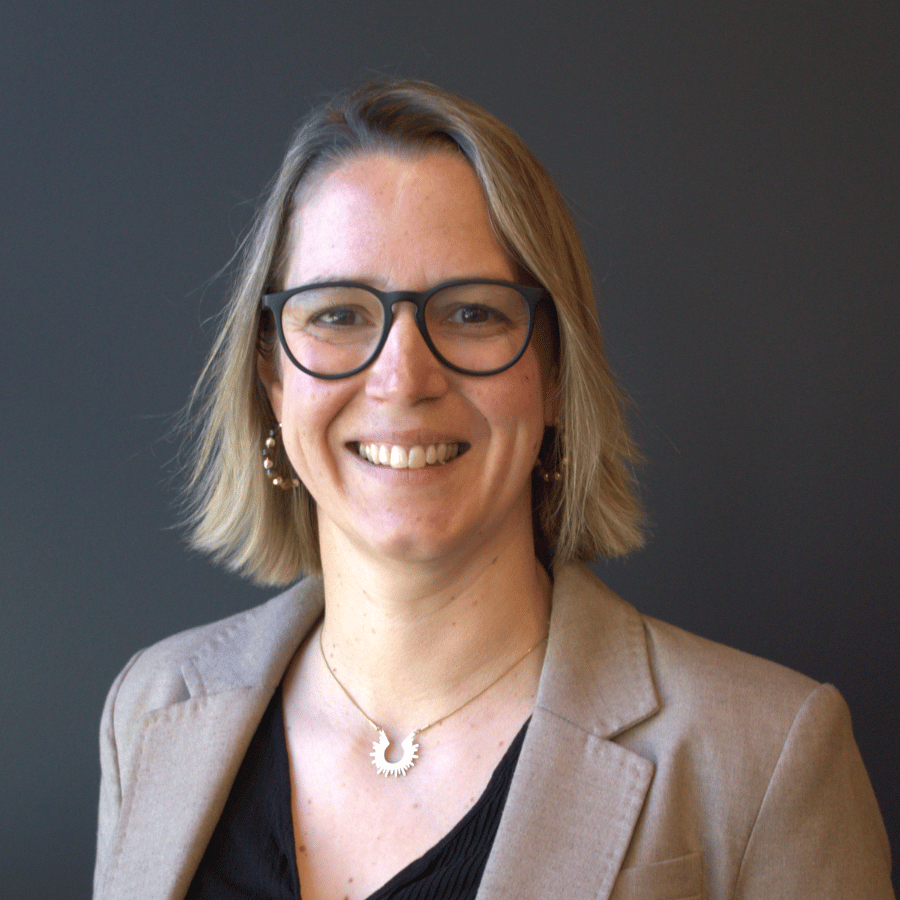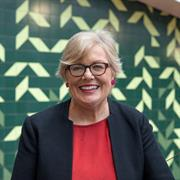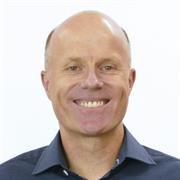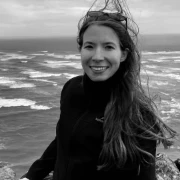The course is divided into eight modules that you'll work your way through over the nine weeks of learning. Each module includes specific learning objectives, educational content across a range of media, activities to apply what you've learnt, plus a 'temperature check' survey to make sure you're getting what you need as a learner.
Module 1: Why climate change matters
This module focuses on how communities, including your own, experience changes in weather and climate. You’ll explore the difference between weather and climate, Aotearoa New Zealand’s climate zones, and the role of science, local knowledge, and Mātauranga Māori in understanding climate patterns.
Module 2: How we are changing our climate
You’ll learn how human activity contributes to climate change locally and globally. The module explores the links between fossil fuels, emissions, and heat-trapping gases, and considers both Indigenous and scientific perspectives on community contributions to climate change.
Module 3: Impacts and action
This module examines the impacts of climate change on individuals and communities in Aotearoa New Zealand. You’ll reflect on inequalities across generations, cultures, and socio-economic groups, and explore practical actions—such as transport, food, and housing—that can reduce climate risks.
Module 4: What the world is doing
You’ll explore how global governance and national responses address climate change. The module also considers the role of inequality and just transition in international climate action, and reflects on how Indigenous voices are included or excluded from global systems.
Module 5: Adapting to change
This module introduces the concept of climate adaptation and why it matters for communities. You’ll identify predicted climate impacts on coastal and other vulnerable areas, and compare adaptation options while recognising diverse perspectives and knowledge systems.
Module 6: Mitigating impacts
You’ll learn about the concept of mitigation and its relationship to climate change. The module highlights how individual and collective behaviours can reduce emissions, and the value of both science and Indigenous knowledge in shaping mitigation strategies.
Module 7: Critical thinking and communication
This module develops your ability to apply critical thinking to climate change scenarios and consider different perspectives. You’ll also reflect on your own position and practise communicating it effectively within your community.
Module 8: Empowering communications for action
You’ll explore your right to participate in climate decisions that affect you. The module encourages you to ask powerful questions that guide community action, and to try out ways of taking part in climate action locally and nationally.
Assessments
Instead of assessments, this climate action education course includes a number of learning activities designed to check and confirm your knowledge. You will have completed the course successfully once all learning modules and online learning activities have been completed.







